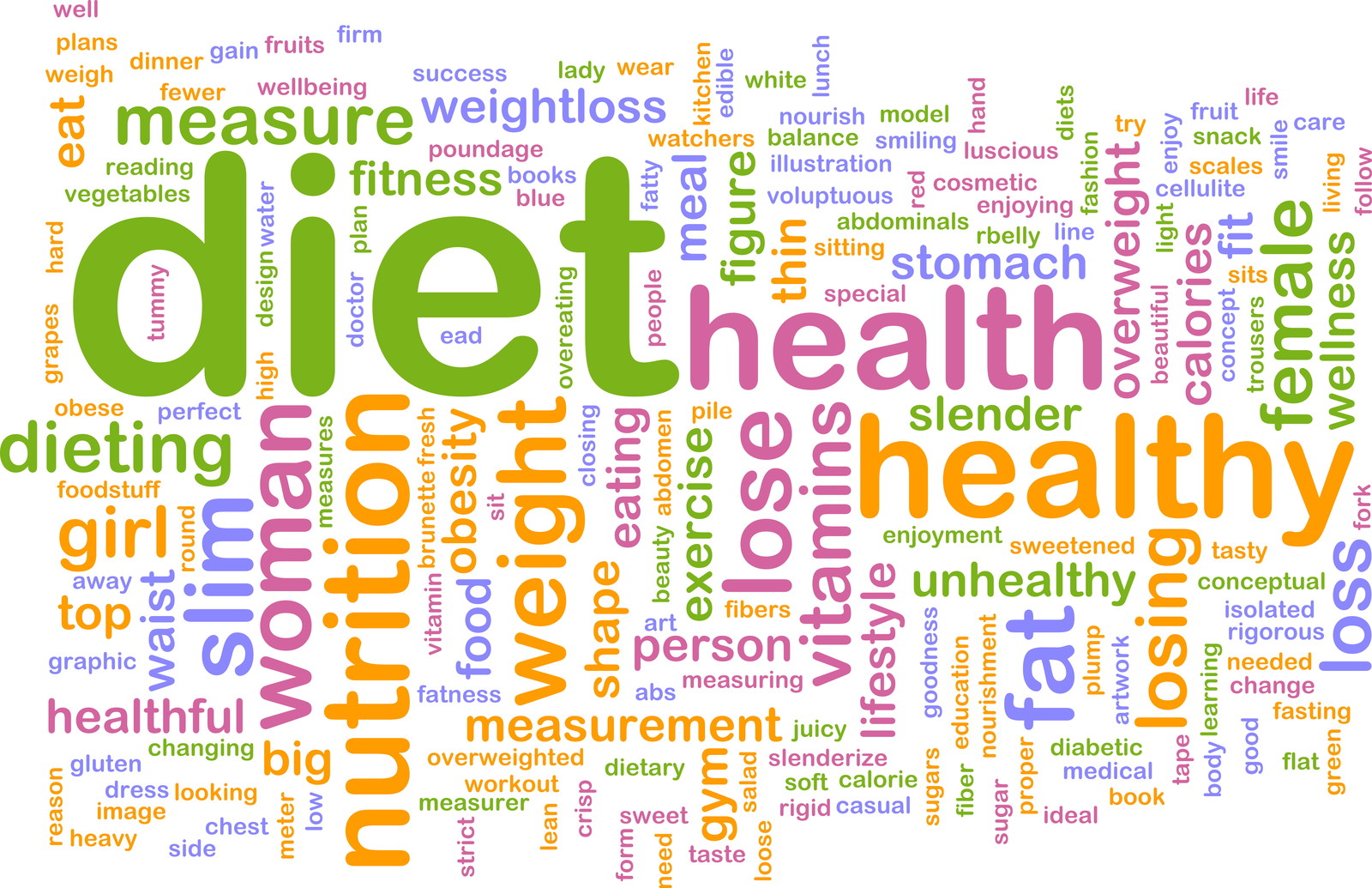[ad_1]
Nearly everyone would want to diet at one point in their lives. Obesity is an ever-increasing problem. Moreover, different people face numerous diseases, which require them to follow a carefully structured diet plan as part of the doctor’s instruction. After all, our sedentary lifestyles have contributed to the various health and weight issues that we have face today. Remember that the word ‘diet’, especially when it comes for losing weight does NOT equal to extremely bad food, or it does not equal to you stop eating food AT all. You need to understand that if you just stop eating food; your body is just going to lose water weight, and no real substantial weight, as such. Once you start eating again, you will gain weight quickly at a faster rate. Hence, it is important for everyone to keep this into mind. One thing needs to be clarified at this point.
The best diet plan will ensure that you have kept certain goals in your mind, and have taken certain steps. First you need to ensure the specific part of your body, where you need to lose fat, or whether you want to change your diet, so that you can be healthier. It depends on your goals completely. Furthermore, according to your body type, make sure that you figure out daily calorie intake. Your diet needs to consider this explicitly. You also need to keep in mind the different nutrients, such as protein, fat, and carbohydrates consumption per day. Therefore, your daily protein intake is important, because it helps build muscle tissue. Furthermore, not all fat is bad for you, but you can consume certain kinds of fat, which are actually good for you. Additionally, carb intake is important, but it is least important of the first two. And make sure that whatever daily intake that you have structured out, it should be according to you and your preferences. You may ask a personal trainer to help you out, but this can easily be done online, as well. Furthermore, sometimes weight gain may occur because of deficiencies in the body. Hence, supplements are essential to overcome those deficiencies. However, these should generally be taken at the advice of your doctor.
Remember that getting the right kind of nutrients would be the best option for you, when you are thinking of losing some weight, and have a healthy lifestyle is the best.
[ad_2]
Source by Sohail Khan Awan
